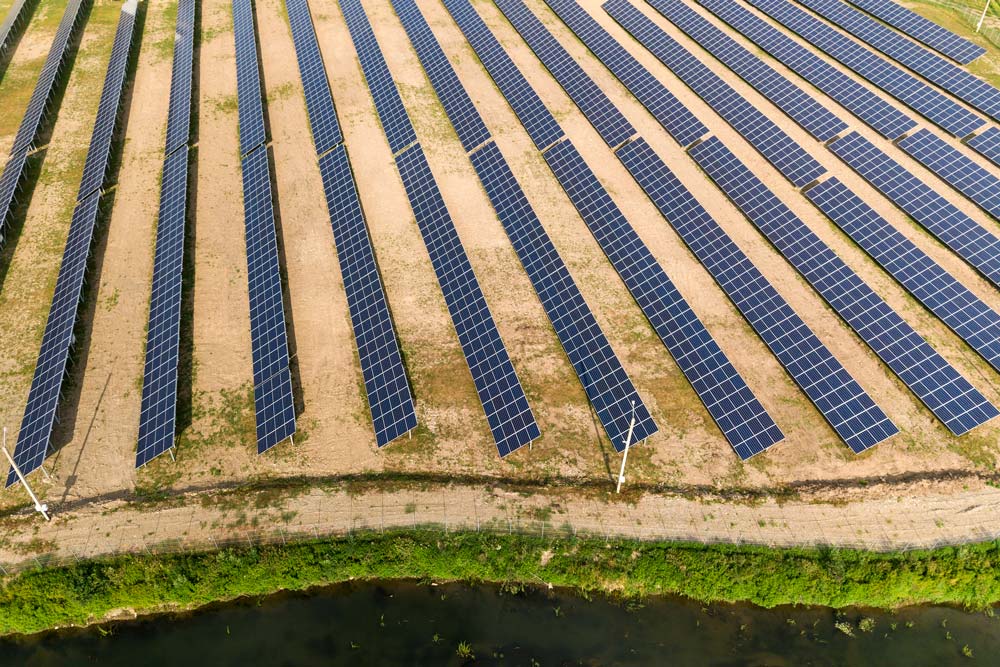Australian Environment Minister Tanya Plibersek has refused federal environmental approval for the first 100 MW solar stage of the proposed Kumbarilla Renewable Energy Park, citing its “unacceptable impact” on biodiversity including water sources and wildlife.
The Kumbarilla Renewable Energy Park, being co-developed by Korean-Australian energy solutions company Elecseed and Korean government-owned power utility Komipo, is based around an initial 100 MW solar farm. The project was to also include a second 100 MW PV install and a pilot-scale green hydrogen production facility with a 250 kW electrolyser facility. It was projected this would be scaled up to an eventual 80 MW of electrolysis capacity.
The project was planned for a 200-hectare site about 40 kilometres west of Dalby in the heart of the Surat Basin, home to Queensland’s main coal-seam gas region. A site the developers said is “surrounded by gas fields and processing plants” with a gas facility owned by oil and gas giant Shell immediately adjacent.
The developers also noted that solar irradiance in the region is particularly high, “making it an ideal location for solar farms.”
Plibersek has however advised that the Kumbarilla project has been refused because of its potential impact on the surrounding environment.
“The proposed solar farm would have had unacceptable impacts on water sources, woodland vegetation and wildlife, including koalas,” the minister said in a statement shared with pv magazine.
“I decided the effects of this project on nature were too great and could not be accommodated.”
Plibersek said the government welcomes investment in renewable energy, but the developments must comply with national environment laws, like all other projects.
“It’s just about the right kind of development, in the right places, done in the right way,” she said.
Plibersek said as environment minister she has already ticked off 47 renewable energy projects, this includes providing the green light earlier this month for a more than 1 GW solar farm and battery energy storage facility being developed in Queensland’s Southern Downs region.
“We’ve set a goal of 82% renewable electricity by 2030,” Plibersek said. “Environmental approvals are almost twice as ‘on time’ under Labor than the former Coalition governments.”
This content is protected by copyright and may not be reused. If you want to cooperate with us and would like to reuse some of our content, please contact: editors@pv-magazine.com.









Absolutely unbelievable! Just take a look at satellite images of the Dalby west landscape and see the incredible damage and modification that the CSG industry has done: hundreds of kilmetres of tracks and well heads in forested areas being one example of FF industry develpment unhindered by environmental standards. Yet a solar farm in the same area is disallowed???!!!!